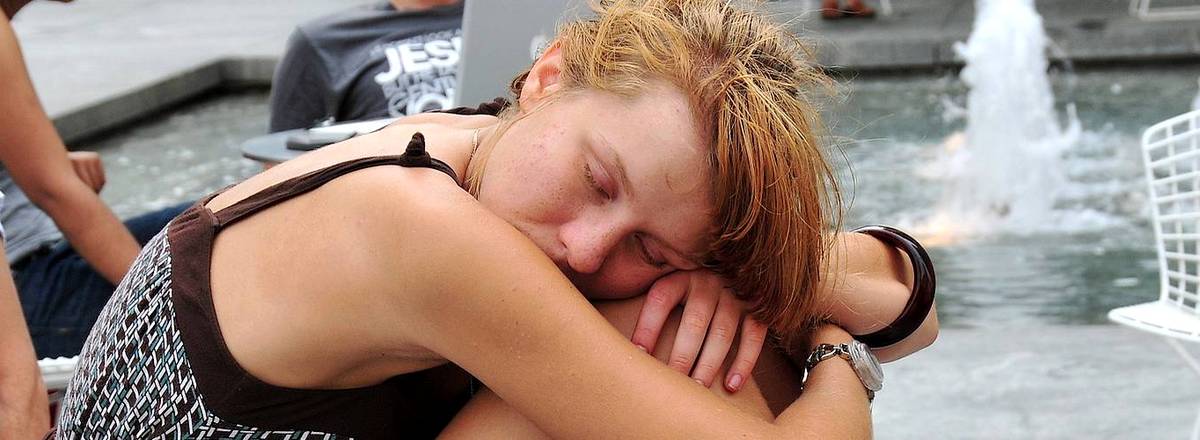Obstructive sleep apnoea (OSA) can often go undiagnosed. We know there are at least 1.5 million people in the UK suffering from the condition and this is bound to include a proportion of our patients.
As the video mentions, OSA is a potentially serious breathing condition and we wanted you to be aware that our trained staff wish to help.
Night time issues such as restlessness, or heavy snoring and daytime sleepiness are a frustrating, although minimal outcome. Increased likelihood of high blood pressure, atrial fibrillation, or a heart attack need to be considered.
Medical outcomes aside, your quality of life will be reduced. Performance in a range of activities could suffer, which may include driving a vehicle, or other situations which bring inherent risk.
Diagnosis & Treatment
A partner, or family member can be as valuable as medical diagnosis. They may mention that you snore loudly, your breathing becomes noisy, or laboured, or that you appear to stop breathing and then gasp or snort.
This is because of a lack of oxygen, as the walls of the throat narrow during sleep. Your brain brings you out of a deep sleep, or wakes you up, so the airways reopen and you can breathe normally again.
Without being mentioned to you by someone else, OSA can be harder to diagnose, although there are clues in how you feel. Examining your jaw size, position, or symmetry, along with your teeth and tongue can also assist.
From your input and examination, our clinicians can assess your symptoms and provide guidance on the best way to manage your individual condition. This may include using an oral appliance, which will aid restful sleep.
SOA & Teeth Grinding
Grinding your teeth whilst asleep is known as sleep bruxism. A condition which can cause major oral health problems over time, including damaged teeth and one we can again be unaware of, unless someone close tells us.
Teeth grinding often affects children, or adolescents. This can be a sign of significant stress, struggling to cope with pressure, or bullying and should be taken seriously.
For adults and children, teeth grinding could also be a consequence of obstructive sleep apnoea, or excessive snoring. SOA treatment may help, or a custom made dental splint, or guard, to wear at night.
Even without someone telling you, you may be aware of sleep bruxism through a dull, constant headache, or sore jaw when you wake up. You won’t be alone, this is a relatively common condition.
Our routine examinations include a check on whether patients are clenching their jaws or grinding their teeth but early stage symptoms are not always obvious. If you have concerns, please mention them to us.
A Key Support Area
Whilst your teeth are a vital part of oral health, so is your ability to breathe and sleep as you would wish. All patients are welcome to discuss this at any time, just ask your dentist, or at reception.
We can investigate further for you. Kamal Kamali, or Majid Shahab are trained in assessing sleep related conditions and in providing specialist appliances to assist. They can also recommend other options which may suit you.
Cognitive behavioural therapy can be very helpful in identifying and dealing with stresses at the root of sleep disorders, including bruxism. Finding time to truly relax can make a difference, or specific lifestyle changes.
Supporting oral health is about supporting your wellbeing, our team appreciate the impact a normal pattern of sleep can have.

